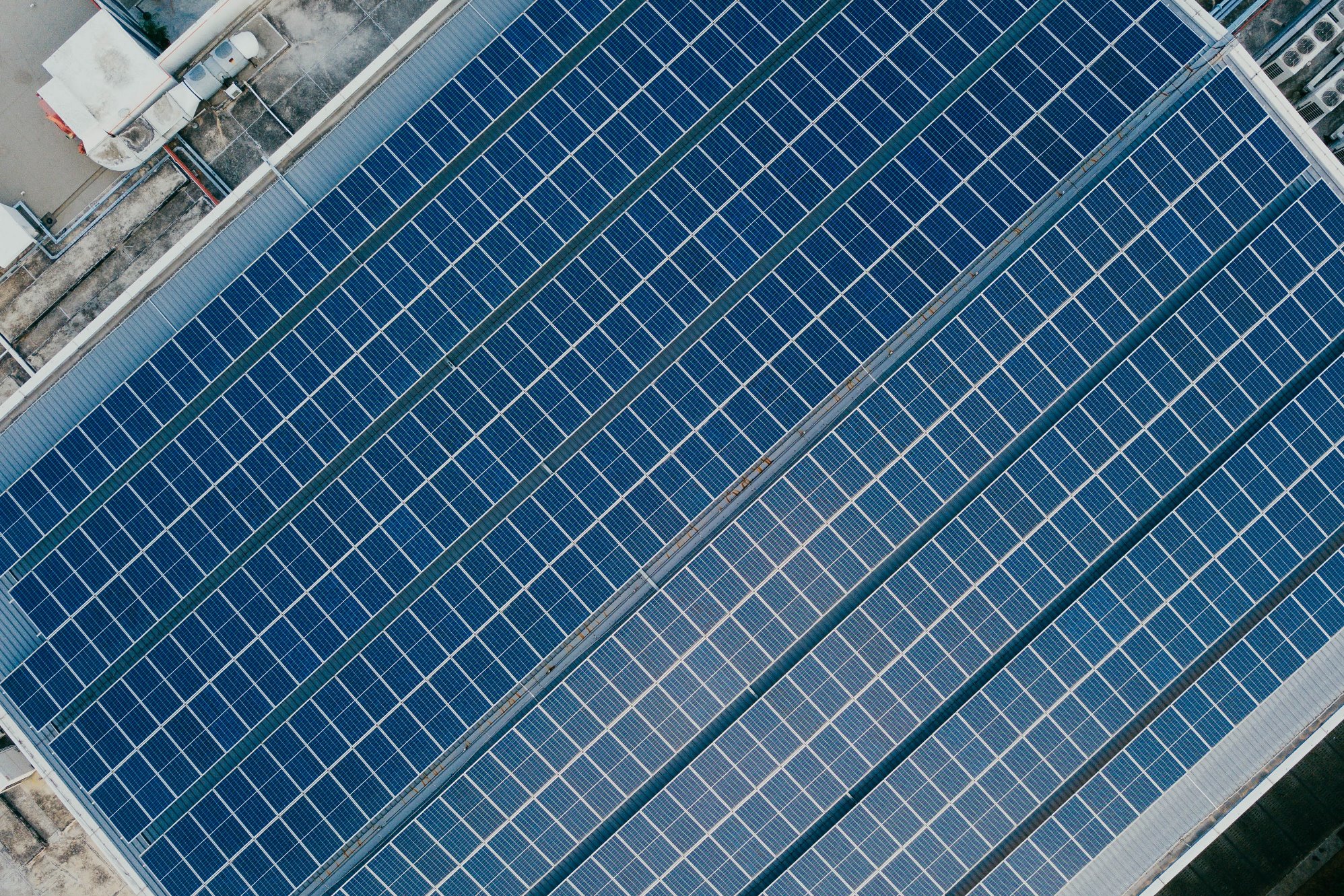What the climate negotiation process looks like if you try to see it through the eyes of those countries that have been portrayed as climate laggards? We had a look at the media coverage of the COP26 in China, India, Brazil and Australia, in search of insight into what their major takeaways and concerns are.
Chinese newspapers point to Western hypocrisy
Major Chinese newspapers with English language sections are tightly linked to the Chinese Communist Party. Although this is a limitation, as it provides partisan information, it is also useful as it gives a window onto what kind of information the Chinese government is supplying to its people, the image it wishes to project abroad and its official stance on the outcomes of COP26.
China Daily, an English-language daily newspaper owned by the Publicity Department of the Chinese Communist Party features numerous articles on the aftermath of COP26, with a strong focus on the lack of agreement around loss and damage and the failure of high-income countries to fulfil their pledge for climate finance.
“In 2009, wealthy countries pledged 100 billion U.S. dollars a year to help lower-income nations by 2020. However, they still have not made good on the pledge and recent reports indicate that this goal could slip to 2023”, reads an article entitled COP26 concludes with a new global deal on climate, which also quotes Zhao Yingmin, head of the Chinese delegation to COP26, saying that, “COP26 will help kick-start a new journey of global efforts to tackle climate change […] However, it still falls short of expectations. There are still lots of regrets. The developed nations have failed to well address the core concerns of developing countries over such issues as adaptation, finance and technological support,”
Other articles focus explicitly on the hypocrisy of Western attitudes to climate change, whereby advanced economies have fallen short of keeping their emissions-reduction promises, and failed to honour their commitments to helping developing countries with climate finance and technology transfer.
Chinese contributions to global efforts to reduce emissions are also features, such as their role in the hydrogen energy push, collaboration with the UK in the EV sector, and the potential benefits of the Sino-US bilateral cooperation agreement.
Other papers such as the People’s Daily toe a similar line, with a strong focus on the unfairness of asking emerging economies to take the lead on coal when advanced economies are not willing to finance the energy transition.
The People’s Daily quotes Zhao Lijian, spokesperson of China’s Ministry of Foreign Affairs, who spoke about China’s policies on curbing coal consumption, declaring that phasing down coal is a gradual process, during which developing countries’ need for sufficient energy supply should be considered.
“We encourage developed nations to stop using coal first, and remember their promise to provide sufficient financial and technological support to developing countries in energy transition,” Zhao said.
In another article, entitled Worldwide fight against climate change should not come at the sacrifice of justice, the author writes: “As a matter of fact, developed countries are the ones who are more responsible for the accumulative production and transfer of greenhouse gas emissions.”
Has global condemnation of India been unfair?
Much of the focus in Indian media has been around the lambasting that the country received for their role in the wording around the transition away from coal. One of the most read articles found on The Indian Express, in the immediate aftermath of COP26, tackles this issue head-on claiming that: “the visible resistance from India on the final text of the Glasgow Climate Pact helped conceal the role played by China and even the US in the weakened outcome.”
It is well reported that China and the USA had already used the term “phase-down” instead of “phase-out” in their joint statement earlier in the week. However, it was India that was left to spell out the last-minute change and therefore receiving much of the negative publicity.
China, the US and India are the three biggest polluters, and all three have now pledged to zero-out their emissions in the decades ahead. Yet India and China pursued last-ditch interventions to soften language on coal usage, and the US played a role in accepting that weaker position.
“The problem is not India,” Brandon Wu, director of policy & campaigns for Action Aid USA, wrote on Twitter. “The problem is the US and rich countries refusing to couch fossil-fuel phaseout in the context of global equity.”
Already seeing articles blaming India for #COP26 "phase down" instead of "out" coal language. REALLY important to see full context here. The problem is not India; the problem is the US & rich countries refusing to couch fossil fuel phaseout in the context of global equity. 🧵
— Brandon Wu (@brandoncwu) November 13, 2021
The overall outcomes of negotiations are also discussed at length, pointing to mixed reactions, whereby the climate meeting ended with a pact weaker than many had hoped for, although successes include a global pledge to reduce methane emissions and resolution of the carbon market deadlock. Another area of focus was the United States joining the International Solar Alliance, becoming the 101st member of the India-led initiative that seeks to make solar energy accessible and affordable to all, and new efforts to cut down on methane emissions.
Wonderful news @ClimateEnvoy! I thank @POTUS and wholeheartedly welcome the USA to the @isolaralliance. This will further strengthen the Alliance in our shared quest of harnessing solar energy for a sustainable planet. https://t.co/vWlzCmws3q
— Narendra Modi (@narendramodi) November 10, 2021
In The Hindu, a particularly insightful opinion piece looks closely at the contrasting prioritise concerning coal, climate justice and zero emissions, and how contrasting prioritise around these three issues created friction in Glasgow. Another piece highlights how the Glasgow Climate Pact addresses global-level funding to contrast the effects of climate change, yet scientists in India are also pointing to the need for State-level funding to address climate change challenges.
Scepticism around Australia’s climate policy
Australia has also received a lot of flack from international media for lagging behind on climate policy. The Financial Review focuses on the promises made by the Australian delegation describing their approach to negotiations as a “futile bidding war on 2030 targets”, whilst praising the current achievements which include, “20.8% reduction in emissions since 2005, outpacing all but a handful of developed nations, and the US, Britain and New Zealand ruling out any changes to their 2030 targets within hours of the summit’s conclusion.”
The article then goes on to criticise talks of a carbon tax, claiming that: “While taxes may work in some other countries, for Australia that approach would mean sacrificing industries, jobs and regions – and shifting our carbon emissions to developing countries”, and pointing to the fact that, “Instead of higher taxes, India is calling for the equivalent of Australia’s entire annual GDP to be provided in foreign aid to help it achieve net zero.”
According to the author, the main focus should be “getting the cost of clean energy and low emissions technologies down, not driving up the cost of meat, coal, gas, oil, steel, aluminium and other energy- and emissions-intensive goods.”
Australian plans for a renewable energy and hydrogen transition are also discussed and characterised as “akin to the industrial revolution”, with “unavoidably huge costs however it is done”, whilst outlining the scale and costs of this transition if the country is to meet its climate commitments and the risks that not meeting these commitments will bring.
A large part of Australia’s plans rely on hydrogen: “According to the government’s analysis of its long-term emissions reduction plan, Australian hydrogen production will need by 2050 to be worth more than $50 billion, in today’s dollars.”
Another article looks at how China and India have been ramping up coal output from mines in the immediate aftermath of COP26 so as to compensate for an autumn energy shortfall that has disrupted industry and caused power shortages. The article quotes Chinese Foreign Ministry spokesman Zhao Lijian as saying: “In many developing countries, not everyone has access to electricity and energy supply is not adequate […] Before asking all countries to stop using coal, consideration should be given to the energy shortfall in these countries.”
In contrast, the Sydney Morning Herald points to the fact that the Glasgow Climate Pact, with all its shortcomings, “offers at least a glimmer of hope and keeps the pressure on both political parties to revise Australia’s weak emissions reduction targets for 2030 [..] for all its faults and despite all the differences between countries, the COP26 deal was important. After action on climate change went backwards during the Trump administration, the meeting has decisively shifted political momentum in the right direction.”
BREAKING: On the first sitting day after Glasgow, the Greens moved for Australia to commit to phasing down coal and fossil fuel subsidies, as agreed to in the Glasgow climate pact.
Labor voted with the Liberals to stop us even debating it. pic.twitter.com/KpJJgxiRys
— Adam Bandt (@AdamBandt) November 22, 2021
Although the article then goes on to say that internal political conflicts will determine the extent to which climate policy will be effective: “Both parties must stop playing for time and develop stronger policies to bring us back into line with our key allies and set an example to the world.”
Brazil: fighting for their forests and their reputation
Brazil came into negotiations with a damaged reputation as the Bolsonaro administration is seen as having done little to protect the Amazon rainforest, has been dismissive of climate science and has a track record of negative environmental regulation.
The Daily newspaper O Globo, features news stories that report the total area under alert for deforestation in the Legal Amazon in October was the largest this month in six years, with the data being released just as COP26 came to a close, where the Brazilian Government declared that it intends to put a stop to illegal deforestation. The article reads: “Due to its disastrous environmental policy, Brazil arrived at the conference under pressure to demonstrate greater commitment to the environment, and especially to combating deforestation in the Amazon, which reached record levels in the first two years of President Jair Bolsonaro’s government.”
Just released: Amazon deforestation in 12 months until 31 July was 13,235 square kilometres, up 22% on previous year, according to Brazil's National Space Research Institute. https://t.co/qJ0ZYfpqM9 Horrifying. No wonder Bolsonaro's government delayed release until after Cop26
— jonathanwatts (@jonathanwatts) November 18, 2021
Other articles, such as an opinion piece in the Folha de S. Paulo focus on the injustice of western attitudes to Latin American countries when it comes to climate change policies, accusing high-income countries of perpetuating colonial attitudes under the guise of environmentalism.
In contrast, The Folha de S. Paulo also looks at the effects of the methane agreement and how this may end up putting pressure on the livestock industry. “Brazilian agriculture is already contributing with the reduction in emissions for at least three decades. By adhering to the agreement on methane reductions, Brazil is ready to help, together with other countries, achieve a 30% cut in emissions. We can make our contribution to this goal”, says the president of Embrapa, Celso Luiz Moretti.
He also points out that it is impossible to zero out methane emissions from livestock, but through progress in the integration of farming and forestry, it is possible to offset the effects of this.
“The first big front is to reduce methane and the second is to compensate. There was initial concern about the effects of the agreement on the sector, but it could be a stimulus for us to have a more competitive and efficient livestock production in the next ten years.”
Finally, all Brazilian papers feature news about the Amazon and deforestation which is widely regarded as Brazil’s most urgent challenge in the fight against climate change.
There is some optimism, however, with one article pointing out that: “Since Rio-92, Brazil has shown that it is possible to overcome the challenge of deforestation […] Between 2004 and 2012, the country was an example of success in reducing deforestation.”
Keeping the Amazon rainforest standing is possible and profitable. “With a regulated market for carbon credits on, it is estimated that we could have earnings of up to $10 billion per year […] The world has its eye on Brazil, and it will need to fulfil its commitments. The most challenging and urgent, without a shadow of a doubt, is the fight against illegal deforestation.”






